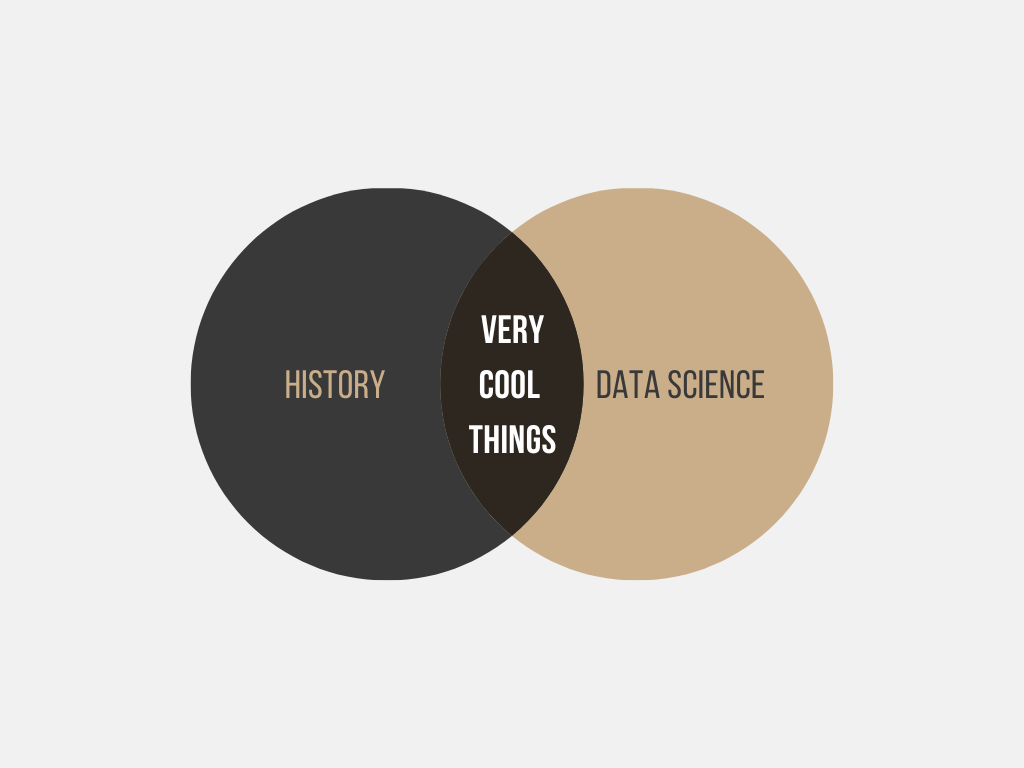Harun’s Introduction
About Me
My name is Harun Celik and I am an international student from Turkey with a background in History. History and data science might seem like polar opposites to a lot of people but for me, the disciplines not only intersect at interesting places, but compliment each other well. I find that historians are particularly good at viewing phenomena from multiple perspectives, and data scientists are particularly good at presenting data from different vantage points. These things are certainly similar but not the same.

I’ve recently switched over to doing my PhD in Education I like teaching. In particular, I care about teaching interdisciplinary methodologies to help approach questions in social disciplines by providing a different angle than what’s traditionally taken. I am pursuing my degree as a way to learn about the different ways that I can approach subjects I care deeply about. These include…
- Developing pedagogy around The Use of Technology in the Social Sciences.
- Using Research to Develop Programs that Practice Experiential Learning.
- Experimenting with Data Science and Spatial Technology on Public Data.
My DSPG Experience
As an additional degree, I’ve completed the Graduate GIS Certificate Program at ISU and sought for ways to practice these skills on projects that had some public influence. This is how I stumbled across the DSPG program and applied to be a graduate fellow for summer of 2022. I enjoyed the experience so much that I wanted to rejoin the following summer in 2023 with a couple of additional responsibilities. After sharing my ideas with the Community and Economic Development Extension team, I was lucky to get an assistantship that focused on improving the DSPG program with the responses we’ve received from past participants through our surveys.
I really enjoy the DSPG program for a multitude of reasons, but here a couple of my favorites.
- The program supports communal and personal learning.
- Participants to the program come from varying levels of education, from first year students to PhD candidates. This usually means that everyone comes in at different skill levels and uses that to either develop the skills that they already know or learn new ones.
- Projects are quite varied in their goals and flexible for hands-on learning
- Different clients expect different results and for a lot of the projects, it is the exploration conducted by students that shapes the final deliverable of the projects.
- The program address real questions by clients interested in learning from data.
- The DSPG projects address complex and real questions about the social world making the application of data science skills extremely practical for real-world scenarios.
My DSPG Expectations This Year
Being the coordinator of the program for the second time, my main objectives are to make sure that the DSPG experience is enjoyable and informative for everyone involved. It is exciting to have projects that somewhat change every year and working with a new cohort of students is always a meaningful experience for me.
For the past couple of years I’ve primarily been programming in R, but it looks like this year the majority of students favor using Python so I’m excited to continue learning and making more pedagogical activities using Python.
Fun Fact
Recently I’ve been on the philosophy train trying to read into different philosophical traditions of thought such as Rationalism, Idealism, and Pragmatism.
I am currently reading the MIT Press Essential Knowledge Series book Pragmatism by John R. Shook and finding it a nice balance of informative, but also philosophical.